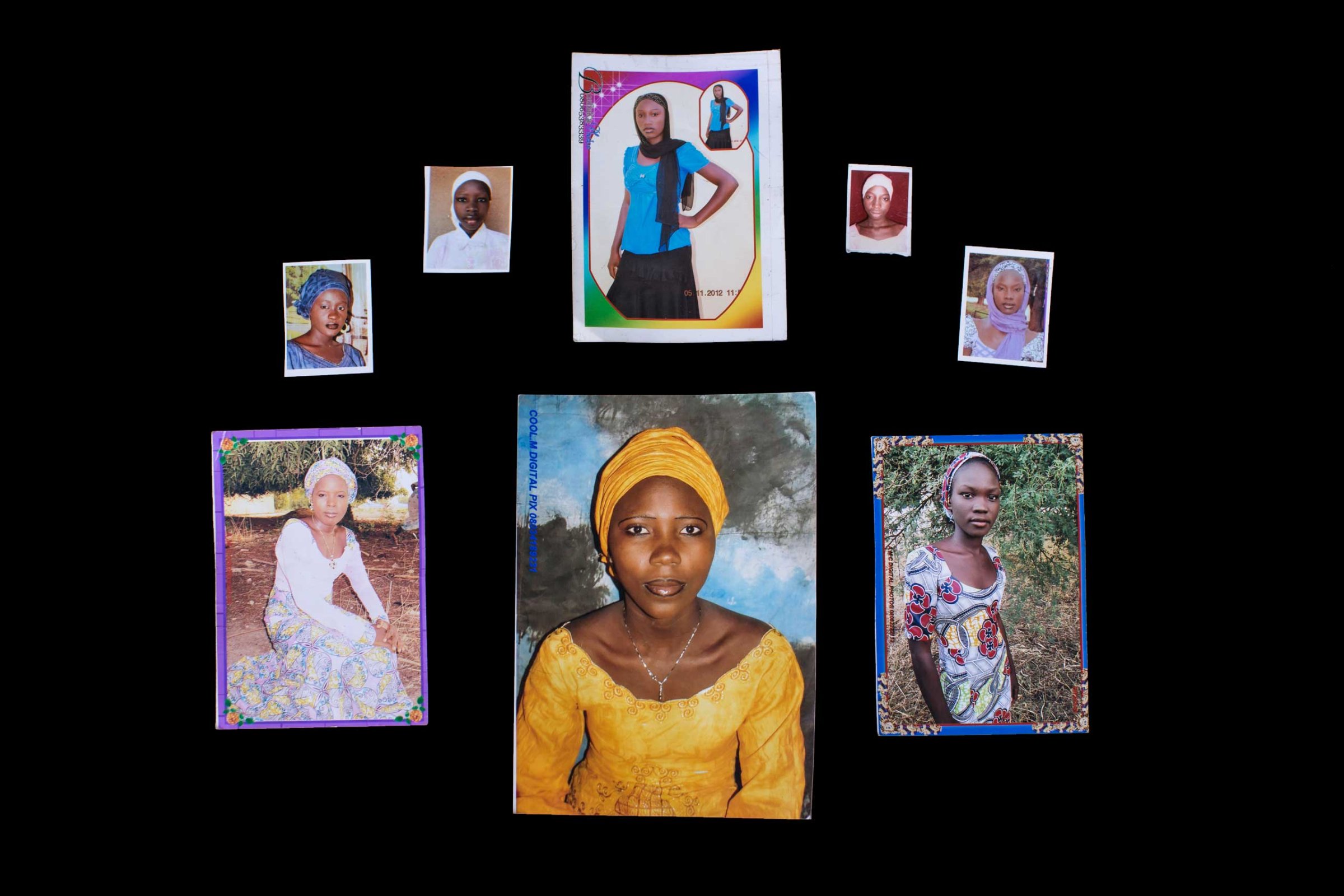
On April 14, 2014, Boko Haram militants stormed the dormitory of a government boarding school for girls in Chibok, a remote town in northeastern Nigeria. The next day, 276 girls were missing. The mass kidnapping and attention it garnered woke the world up to the threat of the Islamist militant group, which recently pledged allegiance to the Islamic State of Iraq and Greater Syria (ISIS).
In the weeks after their abduction, photographer Glenna Gordon, who has spent the last eight years working in Africa, produced a series of images of the girls’ precious belongings. Her pictures were published across the world — in the New York Times, the Wall Street Journal and TIME, among others. The images made the tragedy in Chibok relatable to the masses and propelled Boko Haram into a household name as the world demanded answers about the girls’ fate.
Now one year later, and after Nigeria’s President-elect vowed to bring the girls home, Gordon questions the power of her images.
Many times, tragedies that happen far away, for reasons that are hard to grasp, go unnoticed. But that wasn’t the case when Boko Haram kidnapped nearly 300 schoolgirls from Chibok in Nigeria. People protested, the world tweeted, the media packaged stories and, for once, everyone paid attention.
One year later, the girls are still missing, and now we must question the value of our attention. As a photographer working often in Nigeria, I reached out to relatives of the girls from Chibok with a plan to try and photograph some of the missing girls’ belongings. Most people were skeptical or hesitant, but a few people were ready to help.
I photographed school uniforms, dresses, notebooks, shoes, earrings and other personal items belonging to the missing girls.
MORE: Boko Haram Has Fled, but No One Knows the Fate of the Chibok Girls One Year On
The photos were published and shared widely. Many people wrote to me that they were glad to “see” the girls for the first time. I was glad to cover the story and to help people in Nigeria and around the world connect to the missing girls. But now, one year later, when the girls are still missing, I question the value of my efforts and all those who viewed and shared the photos.
If a photographer’s only job is to take the photos, then I succeeded. If my job is to create change, I have failed. The photos may have comforted some but ultimately did little to change anything.
Recent peaceful elections and a change in government is a step in the right direction. The new leadership in Nigeria has promised action against Boko Haram, and maybe soon some of the schoolgirls will go home. But as long as the world is filled with have and have-nots, some without means to make their own lives better will choose to make the lives of others worse.
We must not only tweet. We must ensure that those in power are responsive to our demands. And we must demand more. Protesters chanted “Bring Back Our Girls” in Abuja and around the world. It was a simple demand, and that’s part of the problem. It does not address the complicated balance of power between the Nigerian government and Boko Haram. It doesn’t explain the sensitivity of a military operation against a group that now possesses at least 276 human shields. It doesn’t explain why the Islamist group was allowed to flourish and act with impunity before and after the day these schoolgirls were kidnapped. And it doesn’t address what will happen next.
What kind of world will these girls come back to? The Sahel, the strip of arid brush land just below the Sahara where they are from, is the edge of the habitable world. Resources have always been scarce, conflict ebbs and flows, and life was precarious even before climate change and the exponential growth in the chasm between rich and poor.
Perhaps the political tides will turn, and then maybe they will turn again, and then again, until, as Martin Luther King Jr. wrote in his letter from a Birmingham jail, quoting Scripture, justice rolls down “like waters and righteousness like an ever flowing stream.”
Glenna Gordon is a freelance photographer based in New York.
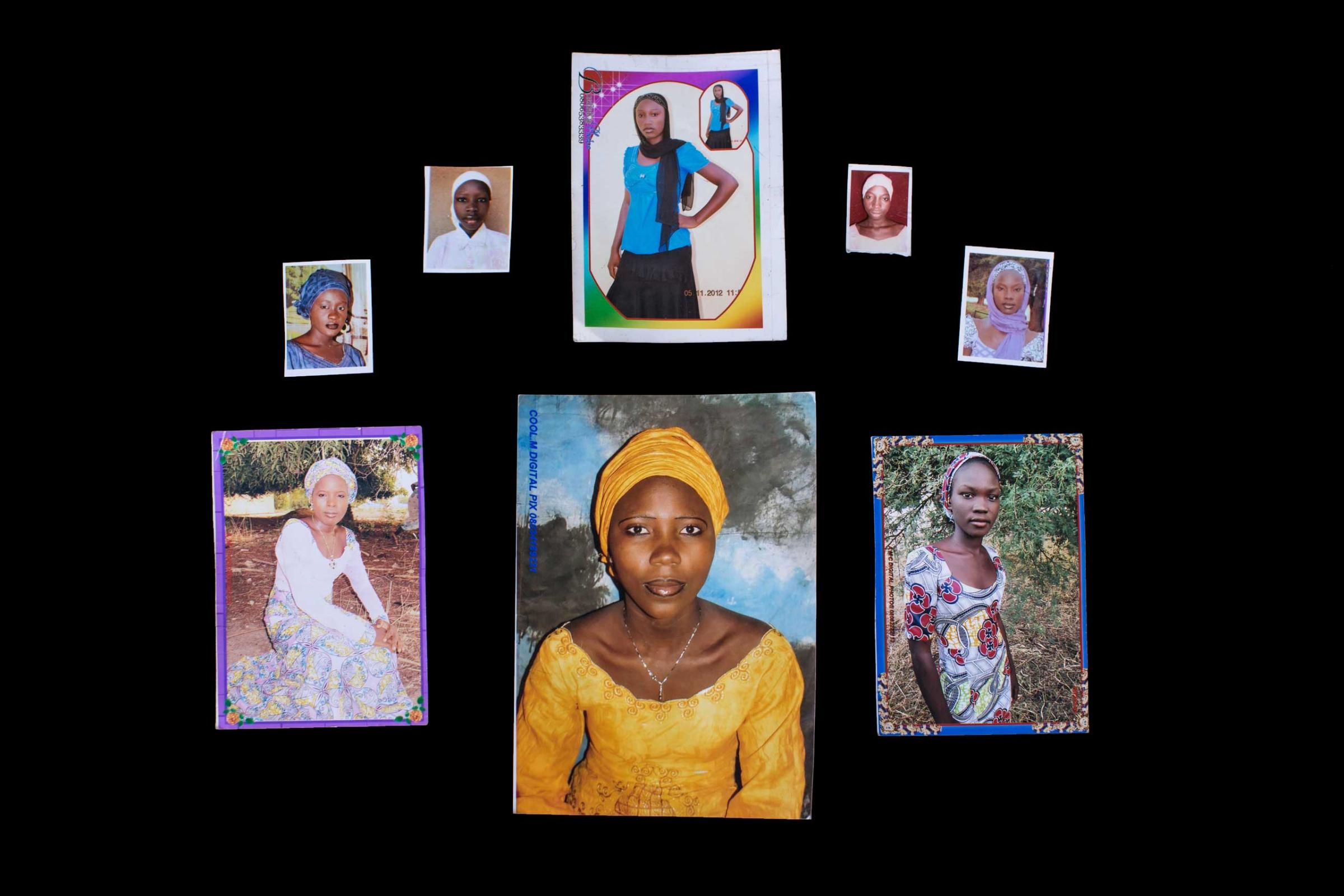
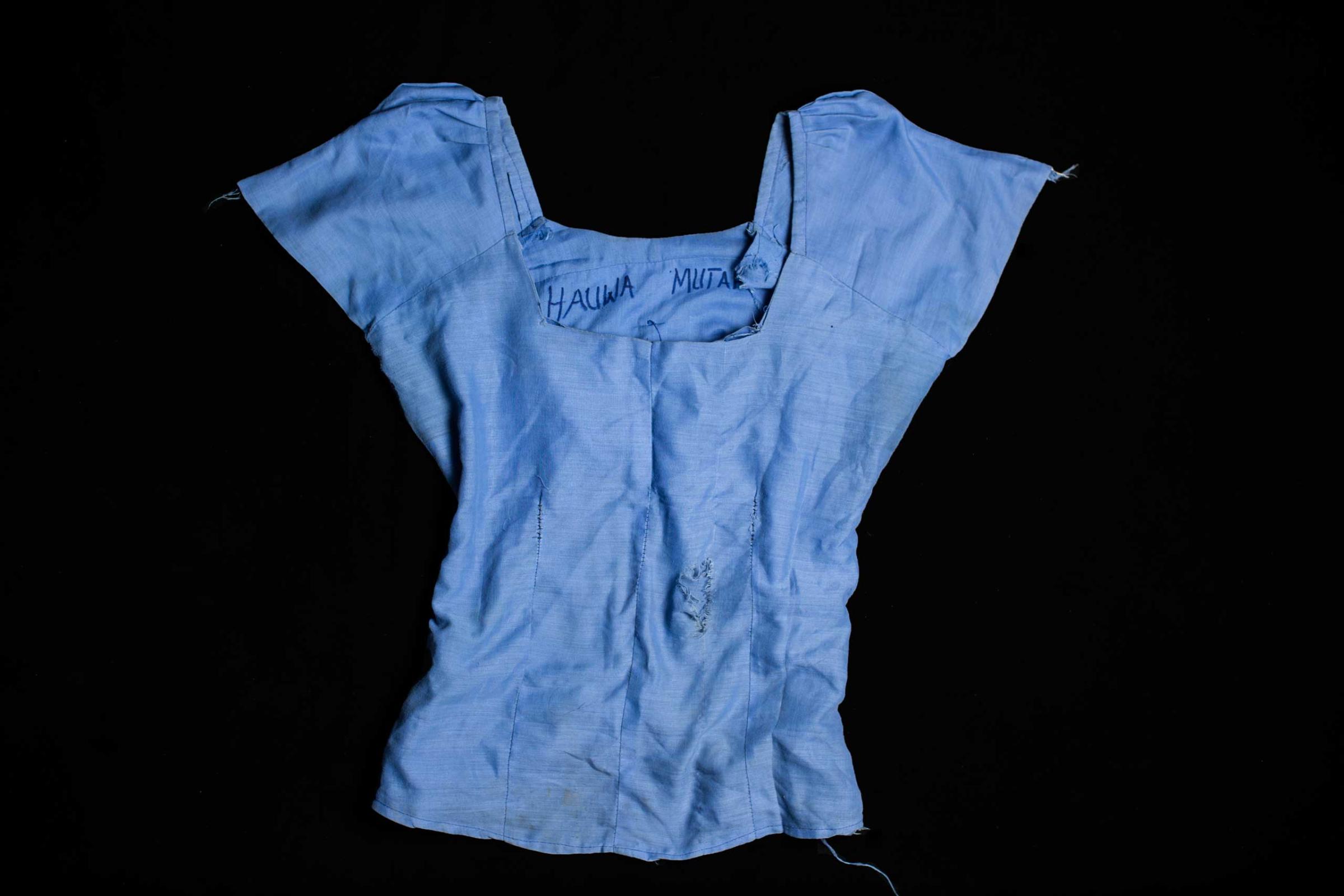
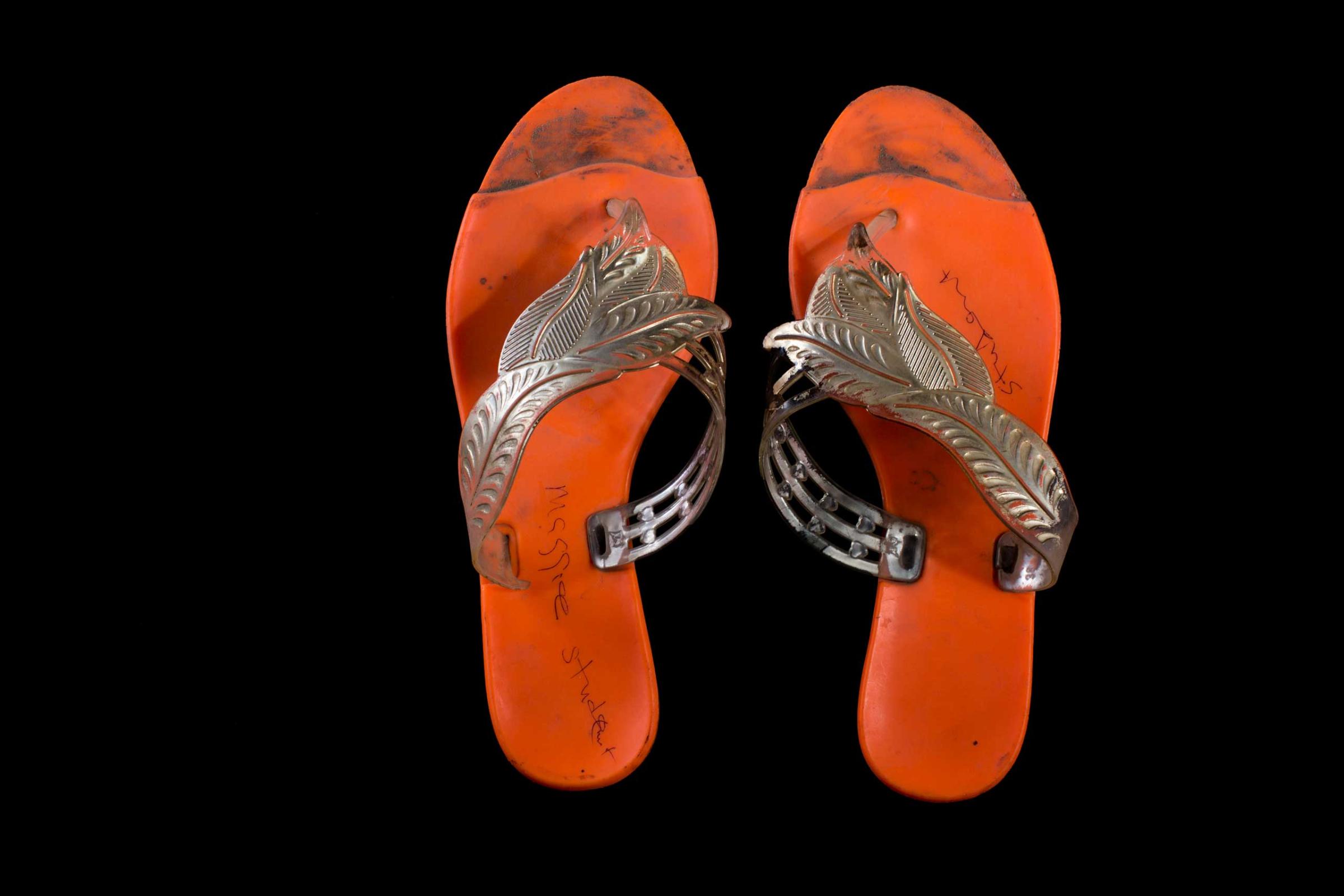
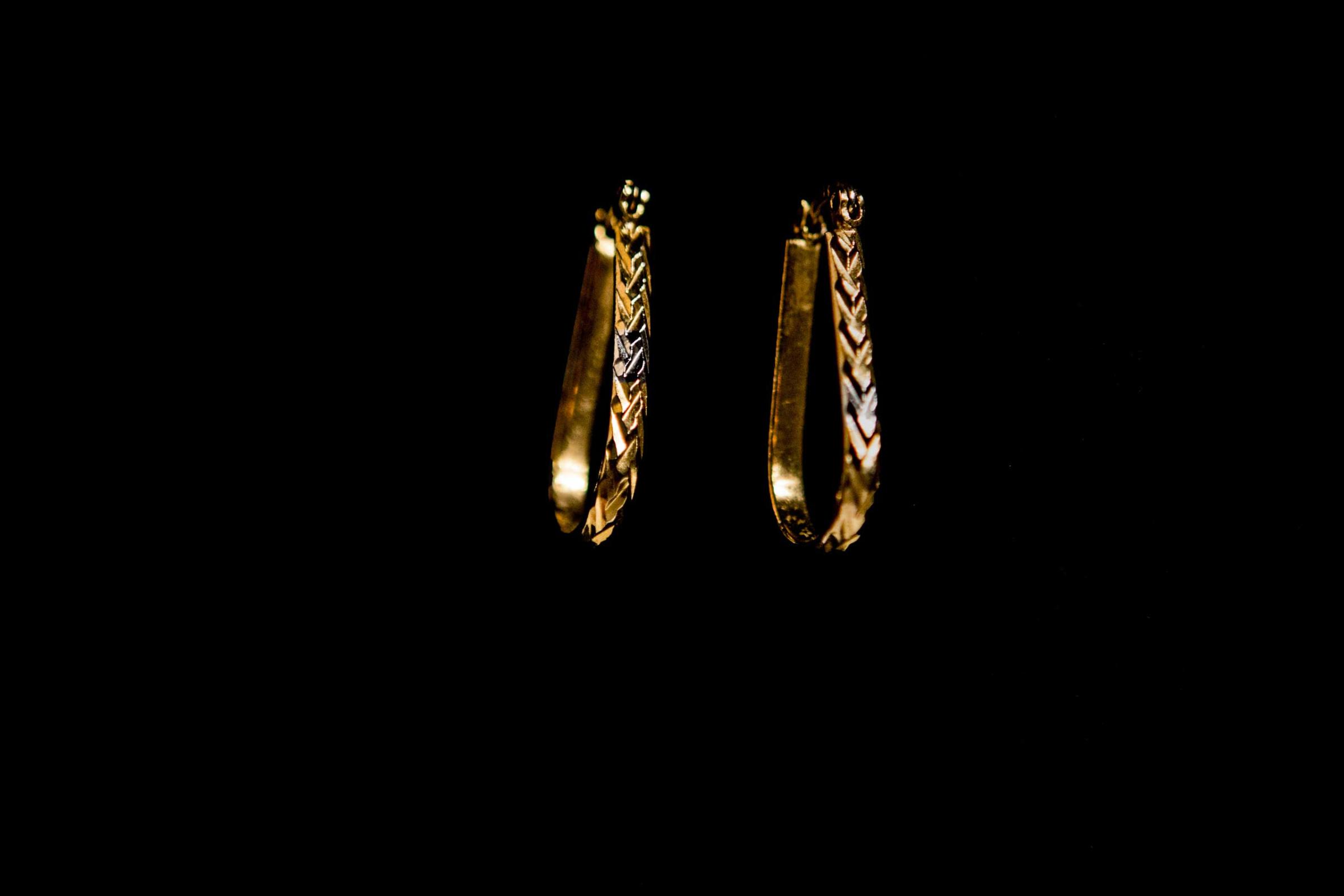
More Must-Reads from TIME
- Donald Trump Is TIME's 2024 Person of the Year
- Why We Chose Trump as Person of the Year
- Is Intermittent Fasting Good or Bad for You?
- The 100 Must-Read Books of 2024
- The 20 Best Christmas TV Episodes
- Column: If Optimism Feels Ridiculous Now, Try Hope
- The Future of Climate Action Is Trade Policy
- Merle Bombardieri Is Helping People Make the Baby Decision
Contact us at letters@time.com